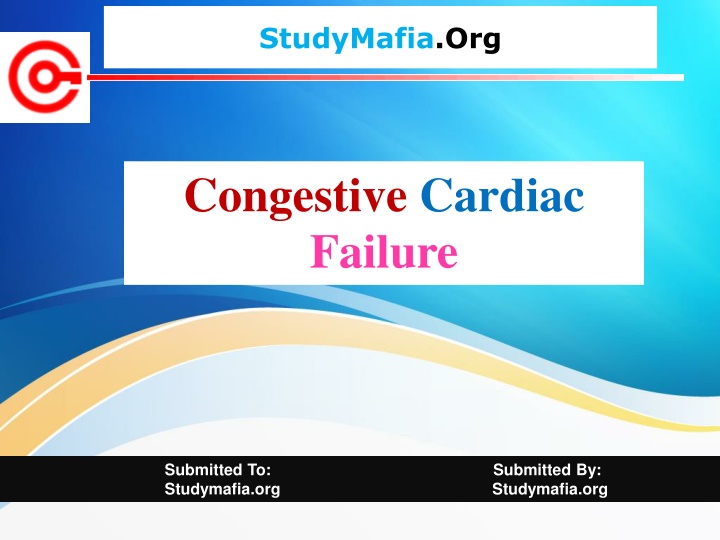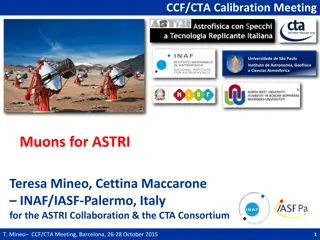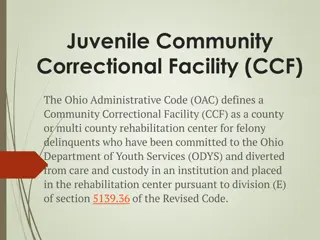
Congestive Cardiac Failure: Symptoms, Causes, and Treatment
Learn about congestive cardiac failure, a condition where the heart loses its ability to efficiently pump blood throughout the body. Explore its definition, symptoms, causes, risk factors, treatment options, and potential complications.
Download Presentation

Please find below an Image/Link to download the presentation.
The content on the website is provided AS IS for your information and personal use only. It may not be sold, licensed, or shared on other websites without obtaining consent from the author. If you encounter any issues during the download, it is possible that the publisher has removed the file from their server.
You are allowed to download the files provided on this website for personal or commercial use, subject to the condition that they are used lawfully. All files are the property of their respective owners.
The content on the website is provided AS IS for your information and personal use only. It may not be sold, licensed, or shared on other websites without obtaining consent from the author.
E N D
Presentation Transcript
StudyMafia.Org Congestive Cardiac Failure Submitted To: Submitted By: Studymafia.org Studymafia.org
Table Contents Definition Introduction Symptoms of CCF Causes of CCF Risk Factors for CCF Treatment of CCF Complications of CCF Conclusion 2
Definition Congestive cardiac failure is a condition in which the heart loses the ability to pump blood efficiently throughout the body. 3
Introduction Congestive cardiac failure develops when the heart muscle becomes weakened and can no longer circulate blood effectively through the body. Most commonly, people develop congestive cardiac failure as a result of coronary artery disease (disease of the arteries that supply blood and oxygen to the heart) 4
Causes of Congestive Cardiac Failure Congestive cardiac failure is caused by a weakened heart muscle that is unable to effectively circulate blood throughout the body. Coronary artery disease, a common cause of a weakened heart muscle, is a narrowing of the small blood vessels that supply blood and oxygen to the heart. Obstructed blood vessels cause the heart muscle to work harder. 6
Causes of Congestive Cardiac Failure Over time, the heart muscle becomes weakened and loses its pumping action, resulting in blood flow backing up in other areas of the body and causing fluid to build up in the lungs, liver, gastrointestinal tract, arms, and legs. Congestive cardiac failure may also result from any condition that weakens the heart muscle, such as congenital heart disease. 7
Risk Factors for CCF A number of factors increase the risk of developing congestive cardiac failure. Not all people with risk factors will get congestive cardiac failure. Risk factors for congestive cardiac failure include: Coronary artery disease Alcohol use Congenital heart defects 8
Risk Factors for CCF Diabetes (chronic disease that affects your body s ability to use sugar for energy) Heart attack (myocardial infarction) High blood pressure (hypertension) Infections of the heart or heart valves Irregular heart rate (arrhythmia) Kidney conditions Sleep apnea 9
Treatment of CCF Medications used to treated congestive cardiac failure A combination of medications is used as the mainstay of treatment for congestive cardiac failure. It is important to follow your treatment plan for congestive cardiac failure precisely and to take all medication as instructed to avoid complications. 10
Treatment of CCF In addition to following your health care provider s instructions and taking your medications as prescribed, you can improve your cardiac congestive failure by: Following a heart-healthy diet Limiting fats and cholesterol in your diet Limiting fluids if instructed by your health care provider 11
Treatment of CCF Limiting the amount of sodium (salt) you eat (less than 1,500 mg per day) Maintaining a healthy body weight Quitting smoking Reducing stress Restricting alcohol use Weighing yourself daily 12
Complications of CCF Arrhythmia (irregular heart rate) Heart valve problems Kidney damage or failure Myocardial infarction (heart attack) Stroke 13
Conclusion Heart failure sometimes known as congestive heart failure occurs when the heart muscle doesn't pump blood as well as it should. When this happens, blood often backs up and fluid can build up in the lungs, causing shortness of breath. 15
References Google.com Wikipedia.org Studymafia.org Slidespanda.com
Thanks To StudyMafia.org





